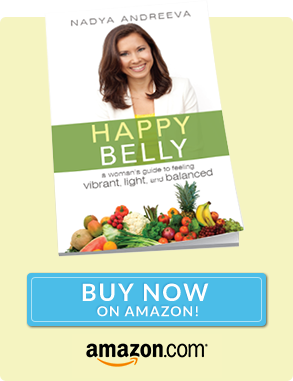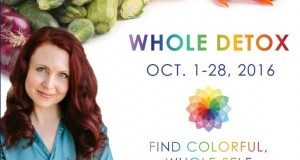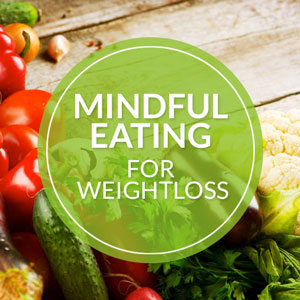Healing Your Relationship With Food
Are You Addicted To Food?
Many women come to work with me around their issues with food: emotional eating; binge eating that leads to fatigue, digestive problems, and weight gain; avoiding certain foods because they don’t trust themselves with it; fear of food or addiction to food.
Whatever the behavior, many of us do not feel relaxed, at ease, and at peace with food.
Considering that we need to eat several times a day, having an unhealthy relationship with food can bring a lot of suffering, emotional and physical pain. Through food we can either nourish our body or abuse it. The choice even though straightforward is not always easy.
Before crafting a plan to change the behavior or fight the addiction, let’s first see what classifies an unhealthy relationship with food.
Take this quiz put together by Yale’s Rudd Center for Food Policy and Obesity, to see if you exemplify any behaviors associated with food addiction:
 1. I find that when I start eating certain foods, I end up eating much more than I had planned.
1. I find that when I start eating certain foods, I end up eating much more than I had planned.
2. Not eating certain types of food or cutting down on certain types of food is something I worry about.
3. I spend a lot of time feeling sluggish or lethargic from overeating.
4. There have been times when I consumed certain foods so often or in such large quantities that I spent time dealing with negative feelings from overeating instead of working, spending time with my family or friends, or engaging in other important activities or recreational activities that I enjoy.
5. I kept consuming the same types of food or the same amount of food even though I was having emotional and/or physical problems.
6. Over time, I have found that I need to eat more and more to get the feeling I want, such as reduced negative emotions or increased pleasure.
7. I have had withdrawal symptoms when I cut down or stopped eating certain foods, including physical symptoms, agitation, or anxiety. (Please do not include withdrawal symptoms caused by cutting down on caffeinated beverages such as soda pop, coffee, tea, energy drinks, etc.)
8. My behavior with respect to food and eating causes significant distress.
9. I experience significant problems in my ability to function effectively (daily routine, job/school, social activities, family activities, health difficulties) because of food and eating.
If you answered yes to 1 or more of these, your relationship to food may lack balance, peace, and ease.
I find that MINDFULNESS can be of great help in healing our relationship with food. It allows for a pause. It helps to be aware of the old patterns. It helps us to step into the place where you can make a choice that serves you both short and long-term.
It also brings true PLEASURE to a meal. It creates CONNECTION.
My mission is to support women in creating a loving, trusting, integrity-based relationship with their body. Our relationship with food is a reflection of our relationship with our body.
To support everyone who can’t make it to the live workshop, I will be interviewing a very interesting specialist later this week. She specializes in compulsive behaviors, including food addictions. Her work is revolutionary and I can’t wait to introduce you to her! Make sure you stay tuned by subscribing to my newsletter.











